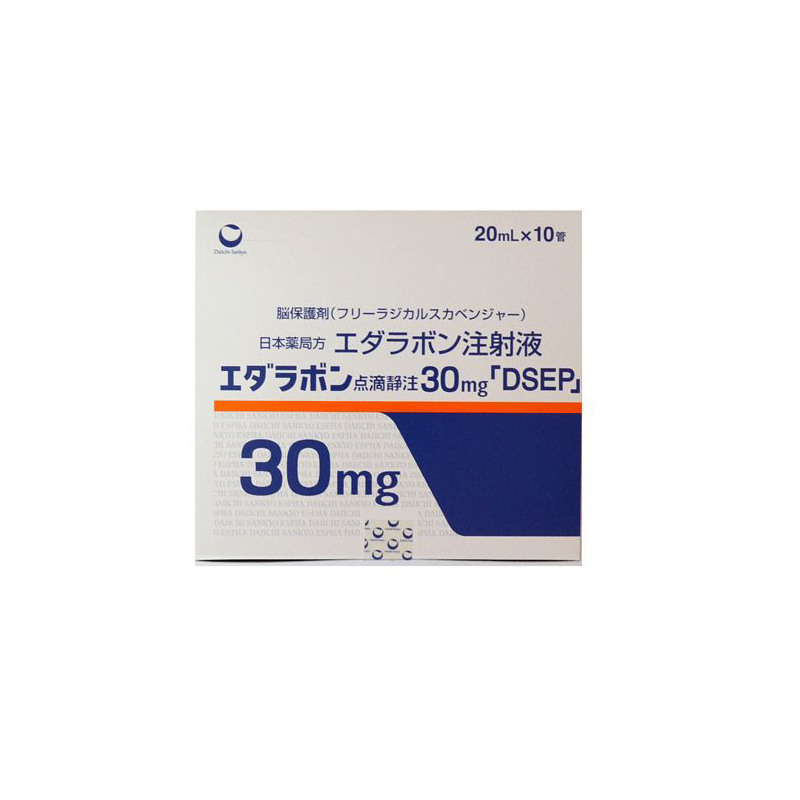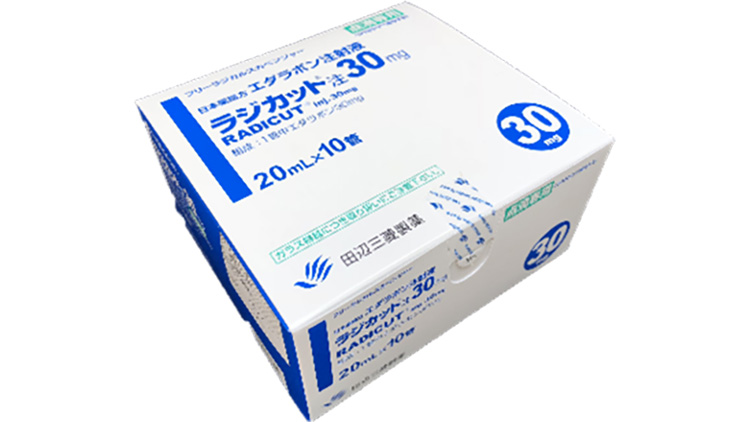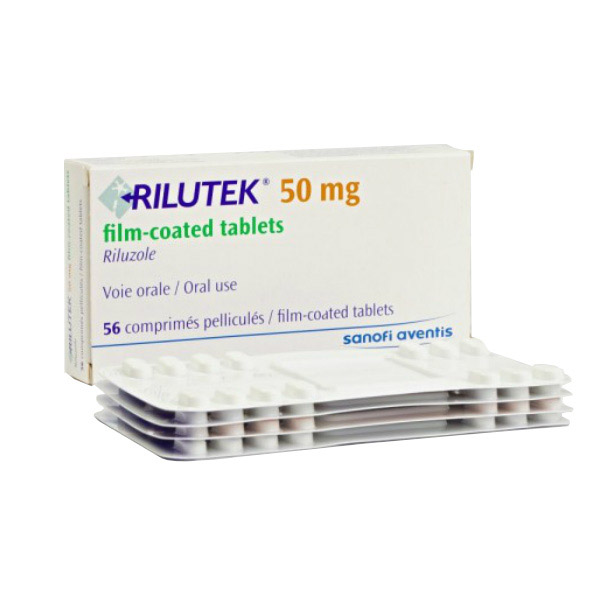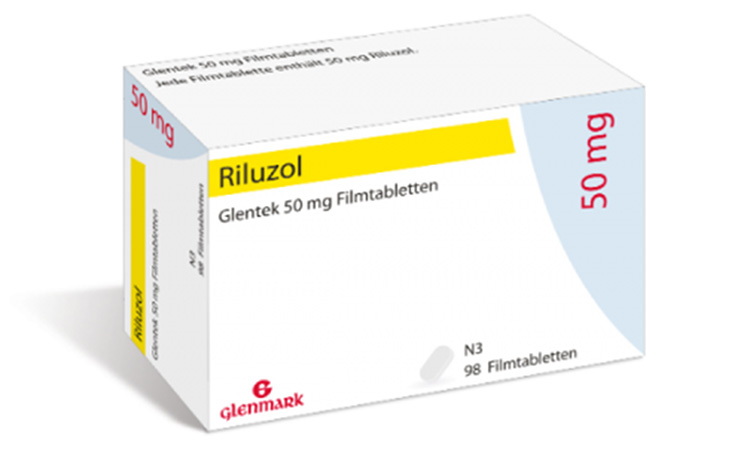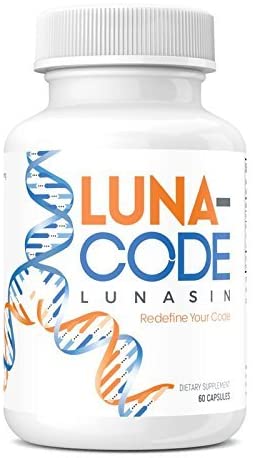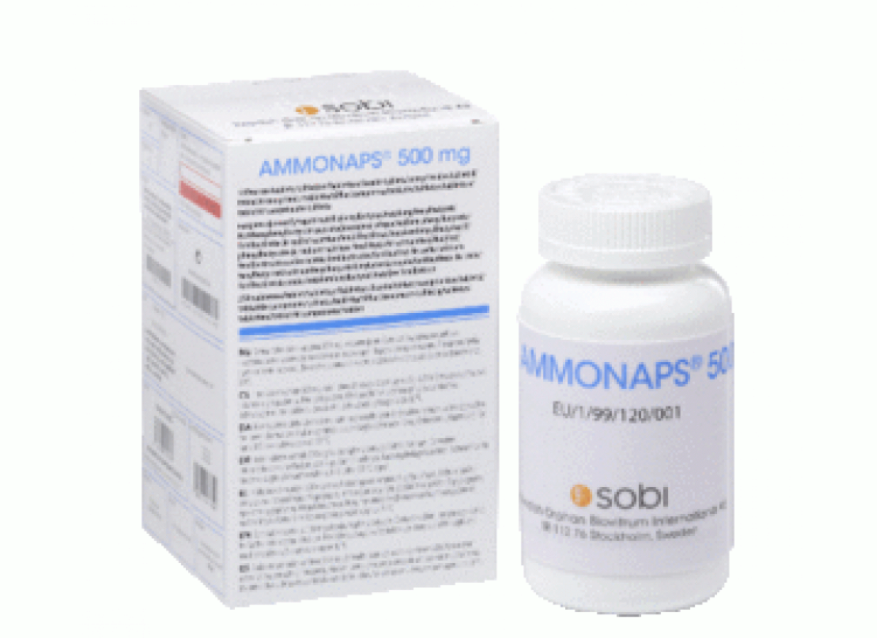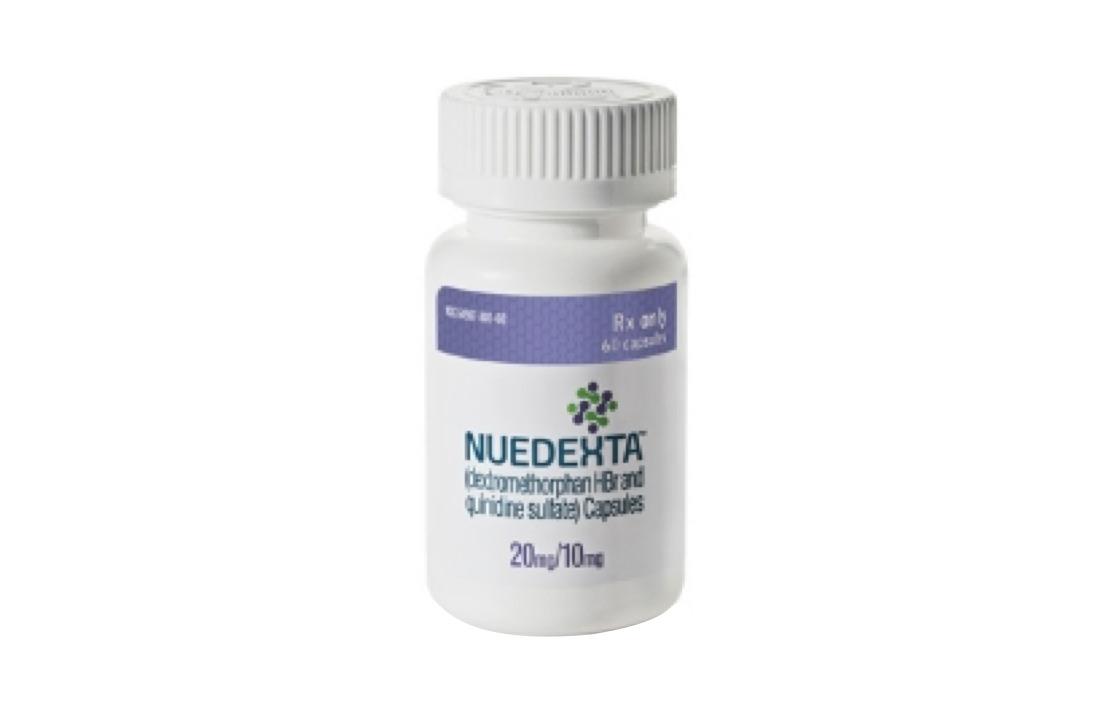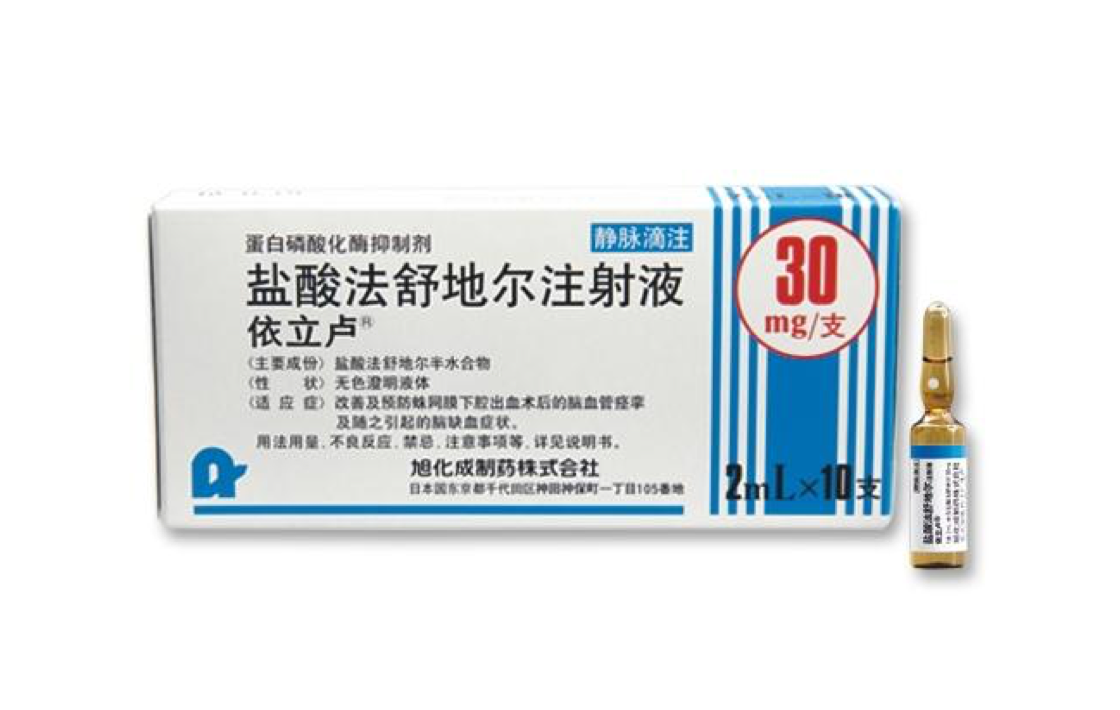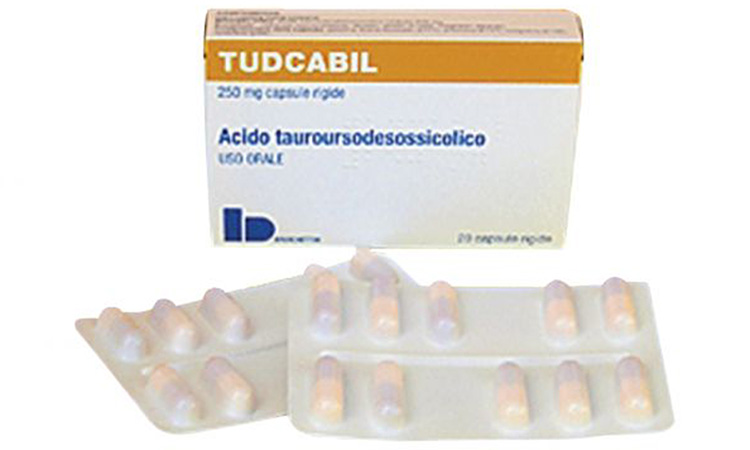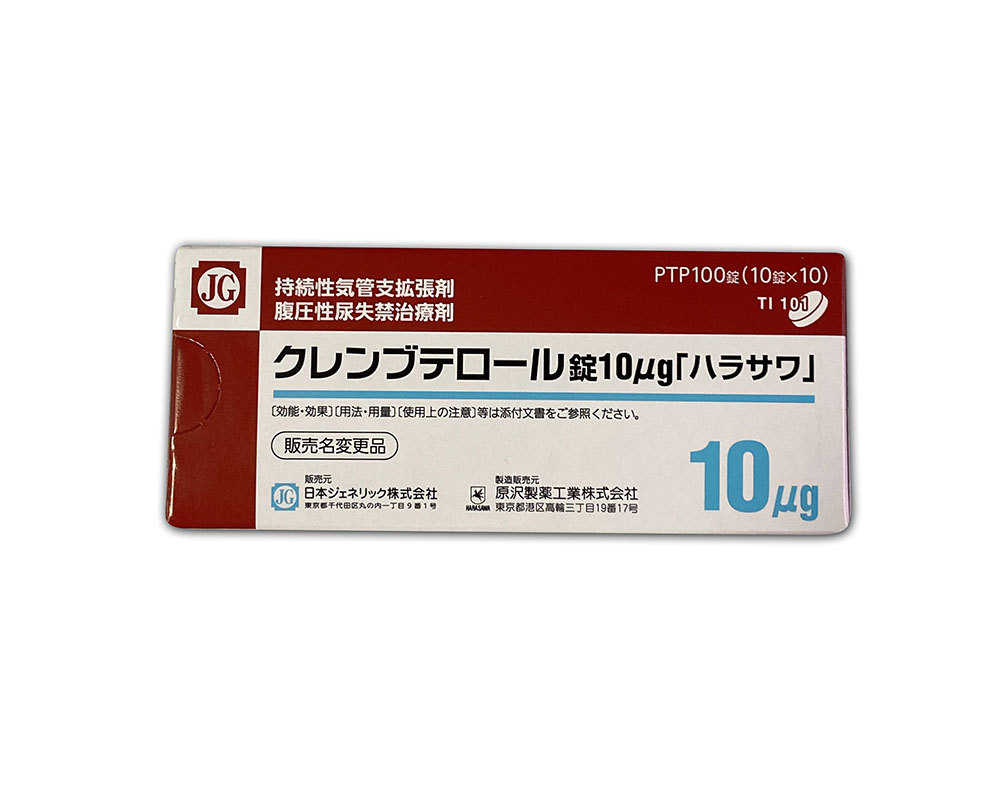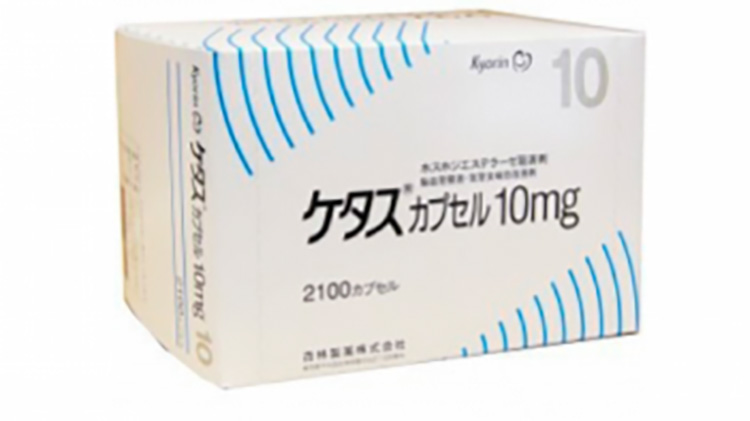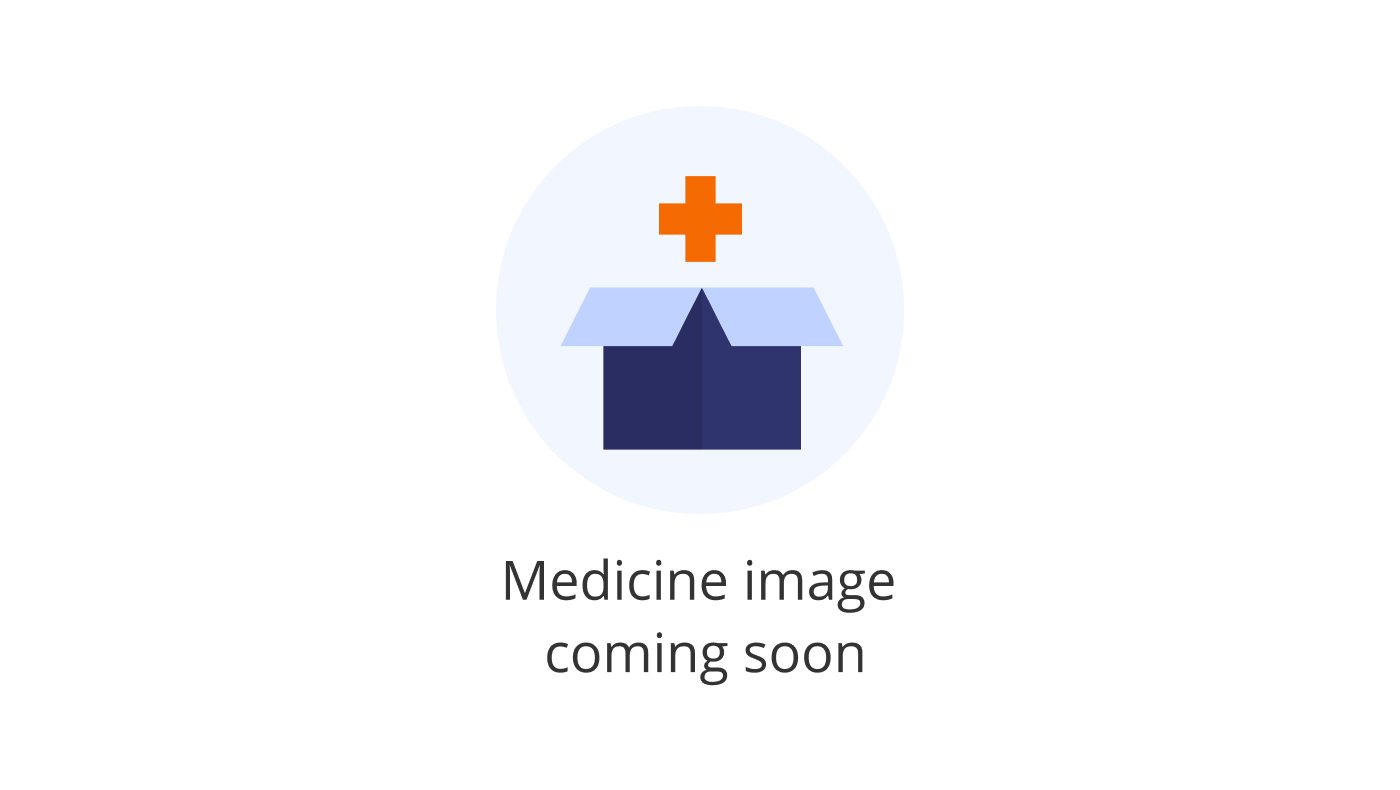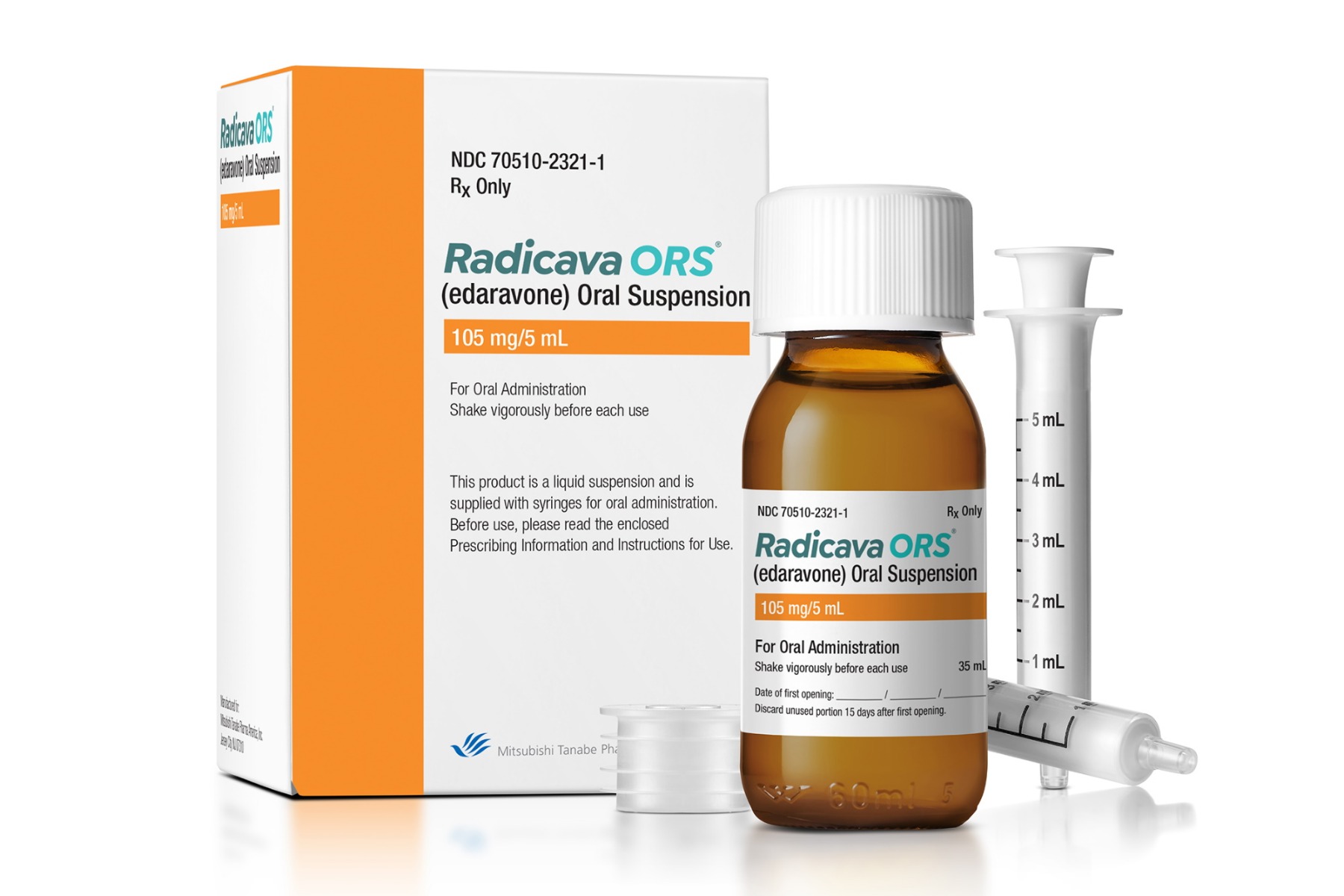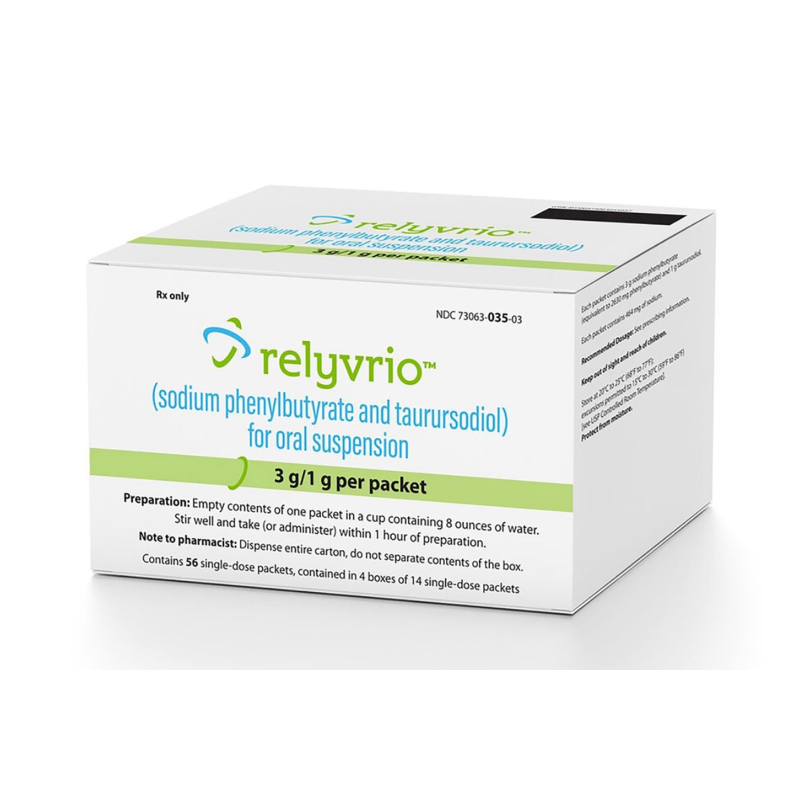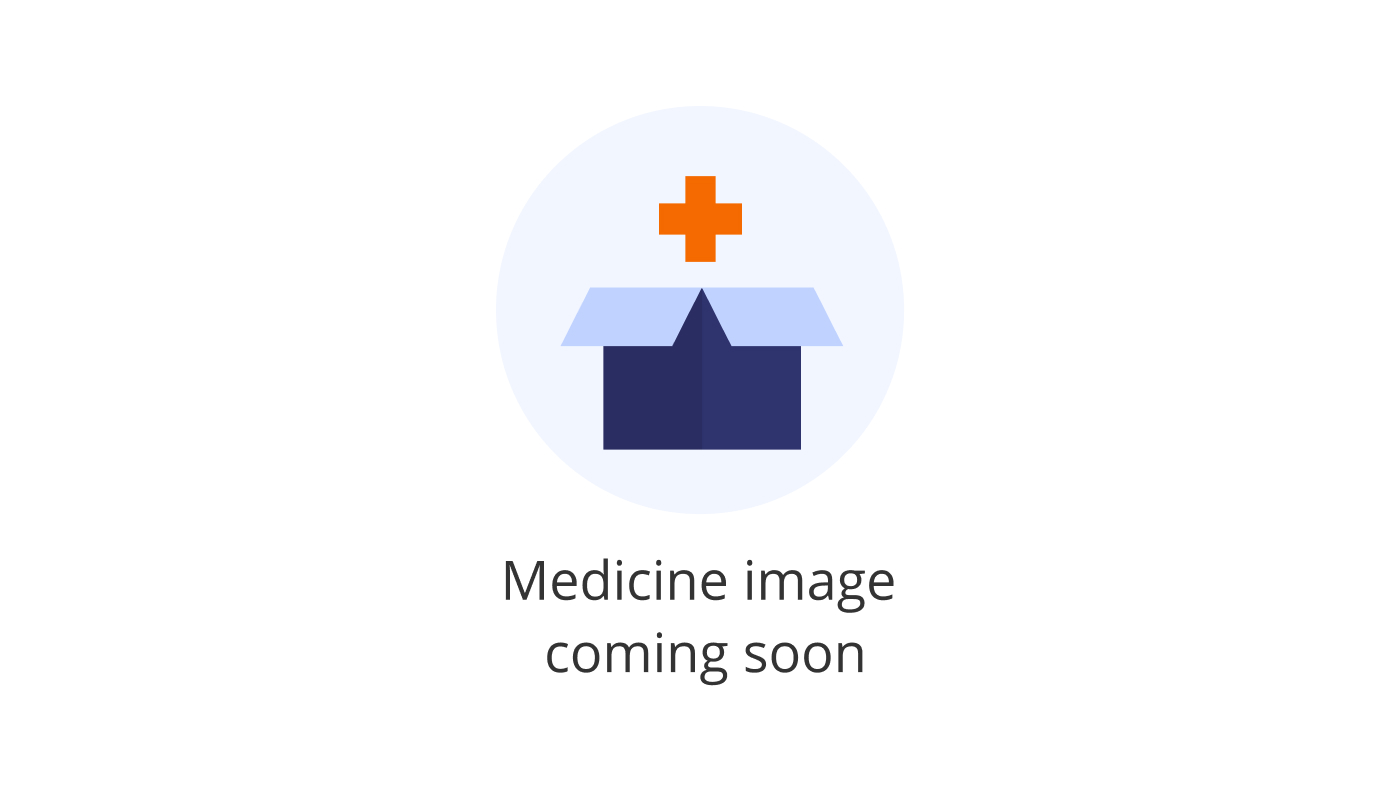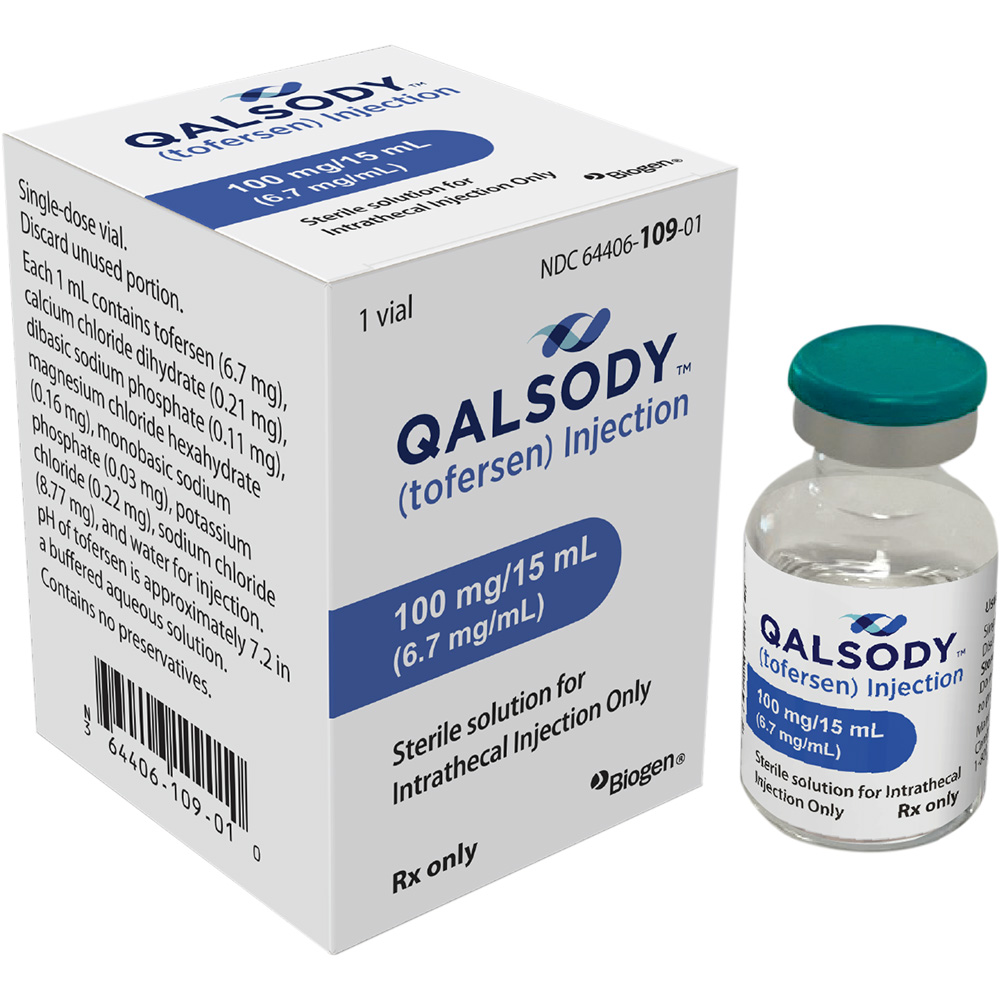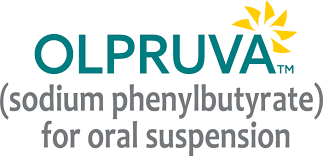New Amyotrophic Lateral Sclerosis (ALS) treatments 2024
New Amyotrophic Lateral Sclerosis (ALS) Treatments 2024
Amyotrophic Lateral Sclerosis (ALS), also known as Lou Gehrig's disease, is a progressive neurodegenerative disorder that affects nerve cells in the brain and the spinal cord. Motor neurons reach from the brain to the spinal cord and from the spinal cord to the muscles throughout the body. In ALS, these motor neurons degenerate and die, leading to a loss of muscle control that eventually impedes speaking, eating, moving, and breathing. The exact cause of ALS is unknown, although some cases are hereditary. It is a rare condition, affecting approximately 2 out of every 100,000 people globally each year.
While there is currently no cure for ALS, there are treatments available that can help manage symptoms and improve the quality of life for those living with the disease. The FDA has approved two medications specifically for ALS: riluzole, which can prolong survival, and edaravone, which may slow the decline in daily functioning. Additionally, off-label medications and therapies may be considered to manage symptoms such as muscle cramps, spasticity, and excess saliva. A multidisciplinary approach involving physical therapy, occupational therapy, speech therapy, and nutritional support is also essential in the management of ALS. Patients are encouraged to discuss all treatment options with their healthcare provider to tailor a plan that best suits their individual needs.

Treatment options
| Treatment option | Estimated cost | Efficacy | Eligibility |
|---|---|---|---|
| Riluzole (Rilutek, Glentek) | $300 - $500 | May extend survival by several months | Approved for all ALS patients |
| Edaravone (Radicava, Radicut) | $1,000 - $2,000 | May slow decline in daily functioning | Approved for all ALS patients |
| Lunasin | $200 - $500 | Insufficient evidence for efficacy | Not FDA approved; off-label use |
| Ammonaps (Sodium phenylbutyrate) | $2,000 - $4,000 | Experimental; some evidence suggests neuroprotective effects | Not FDA approved for ALS; used off-label |
| Nuedexta | $700 - $1,000 | May help manage emotional lability | Approved for pseudobulbar affect in ALS |
| Eril (Imecapril) | $50 - $100 | Experimental; limited data on efficacy | Not FDA approved; used off-label |
| Tudcabil (Tauroursodeoxycholic acid) | $300 - $600 | Experimental; potential neuroprotective agent | Not FDA approved for ALS; used off-label |
| Clenbuterol | $100 - $200 | Experimental; may have muscle strengthening effects | Not FDA approved for ALS; used off-label |
| Ketas (Ibudilast) | $400 - $800 | Experimental; may have neuroprotective effects | Not FDA approved for ALS; used off-label |
| Edaravone (Radicava ORS) | $1,000 - $2,000 | May slow decline in daily functioning | Approved for all ALS patients |
| Relyvrio (Sodium phenylbutyrate + Taurursodiol) | $2,000 - $4,000 | May extend survival and slow functional decline | Approved for all ALS patients |
| Spiropent (Clenbuterol) | $100 - $200 | Experimental; may have muscle strengthening effects | Not FDA approved for ALS; used off-label |
| Qalsody (Sodium phenylbutyrate) | $2,000 - $4,000 | Experimental; some evidence suggests neuroprotective effects | Not FDA approved for ALS; used off-label |
| Olpruva (Levosimendan) | $500 - $1,000 | Experimental; may improve muscle strength | Not FDA approved for ALS; used off-label |
Treatments options in detail
Standard Treatments for Amyotrophic Lateral Sclerosis (ALS)
The treatment of Amyotrophic Lateral Sclerosis (ALS) involves a multi-disciplinary approach, primarily aimed at managing symptoms and maintaining quality of life. The most common treatments include medications, physical therapy, and supportive care.
Riluzole (Rilutek, Glentek)
Riluzole, marketed as Rilutek and Glentek, is one of the primary medications approved by the FDA for the treatment of ALS. It is believed to reduce damage to motor neurons by decreasing the release of glutamate, which can be toxic in excessive amounts. Riluzole has been shown to prolong survival by several months, particularly in the bulbar form of the disease.
Edaravone (Radicava, Radicut)
Edaravone, which is available under the brand names Radicava and Radicut, is another FDA-approved drug for ALS. It is an antioxidant that is thought to help prevent oxidative stress, a factor that may contribute to the death of neuronal cells in ALS patients. Edaravone has been shown to slow the decline in physical function in some ALS patients.
Off-label and Supportive Medications
Medications such as Ammonaps (sodium phenylbutyrate) and Nuedexta (dextromethorphan/quinidine) may be used off-label for managing specific symptoms of ALS. Ammonaps is primarily used for urea cycle disorders but may have neuroprotective effects, while Nuedexta is approved for pseudobulbar affect and can help control emotional lability in ALS.
Physical Therapy and Supportive Care
Physical therapy, occupational therapy, and speech therapy are integral parts of ALS treatment. These therapies help maintain muscle function, prevent complications such as contractures, and assist in communication, respectively. Supportive care also includes respiratory therapy and nutritional support, as the disease progresses.
Experimental Treatments
Several experimental treatments for ALS are under investigation. These include drugs like Lunasin, a peptide thought to have neuroprotective properties, and TUDCA-ALS (Tudcabil), a combination of tauroursodeoxycholic acid and sodium phenylbutyrate, currently under clinical trials for potential neuroprotective effects in ALS.
Emerging Therapies
Emerging therapies for ALS include the recently FDA-approved Relyvrio (sodium phenylbutyrate and taurursodiol), which is designed to reduce neuronal cell death. Other investigational drugs such as Qalsody (oral edaravone) and Olpruva (pegcetacoplan) are in various stages of clinical trials, aiming to offer more convenient administration routes or target different pathological aspects of ALS.
Medications for Symptom Management
Symptom management in ALS often requires a variety of medications. For instance, antispasmodics or muscle relaxants like Clenbuterol (Spiropent) may be used off-label to manage muscle cramps and spasticity. Additionally, medications such as Ketas (ketamine) may be considered for pain management in ALS, although its use is not specifically approved for this indication.
Respiratory Support
As ALS progresses, respiratory support becomes critical. Non-invasive ventilation options can improve quality of life and survival for those with respiratory muscle weakness. In more advanced stages, tracheostomy and invasive ventilation may be considered.
Nutritional Support
Nutritional support, including enteral feeding through a gastrostomy tube, may be necessary as swallowing difficulties arise. Proper nutrition and hydration are essential for maintaining patient health and managing symptoms.
Multidisciplinary Clinics
ALS patients often benefit from attending multidisciplinary clinics where they can receive comprehensive care from a team of specialists, including neurologists, pulmonologists, nutritionists, and physical therapists, among others.
Psychological Support
Psychological support and counseling for patients and their families are crucial components of ALS care. This support can help address the emotional and psychological challenges associated with the disease.
Alternative and Off-Label Treatments
Some patients may explore alternative treatments or off-label use of medications in an attempt to manage their symptoms or slow disease progression. However, the efficacy and safety of many of these treatments have not been conclusively proven, and they should be approached with caution.
Participation in Clinical Trials
Participation in clinical trials offers patients the opportunity to access experimental treatments and contribute to the advancement of ALS research. Patients interested in clinical trials should discuss the potential risks and benefits with their healthcare provider.
Conclusion
While there is currently no cure for ALS, the treatments available can help manage symptoms, prolong survival, and improve quality of life. Ongoing research continues to explore new potential treatments, with the hope of finding more effective therapies for this challenging disease.
Symptoms
Early Symptoms of Amyotrophic Lateral Sclerosis (ALS)
The initial symptoms of Amyotrophic Lateral Sclerosis (ALS) can be subtle and often vary from person to person. One of the most common early signs is muscle weakness, which typically begins in one area of the body and gradually spreads. This weakness may manifest as difficulty with fine motor tasks such as buttoning a shirt, writing, or turning a key. Another early symptom is muscle twitching (fasciculations) and cramps, which can occur in the arms, shoulders, and tongue. Some individuals may also experience tripping or stumbling due to weakness in the leg muscles, or they may notice slurred speech or difficulty swallowing (dysphagia) if the muscles involved in speech and swallowing are affected.
Progressive Muscle Weakness
As ALS progresses, muscle weakness becomes more pronounced and widespread. Individuals may find it increasingly difficult to walk, stand, or maintain balance. Muscle atrophy, where the muscles visibly decrease in size, is also common. Weakness in the muscles that control breathing can lead to respiratory difficulties, which may initially be more noticeable during activities or at night. Over time, the weakness can lead to paralysis, which typically starts in the limbs and moves towards the trunk of the body.
Speech and Swallowing Difficulties
Speech problems, known as dysarthria, occur in many individuals with ALS as the muscles that control speech weaken. Speech may become slurred, slow, or less clear, making communication more challenging. Swallowing difficulties can also progress, leading to a higher risk of choking or aspiration, which can cause pneumonia. These issues may necessitate dietary modifications or the use of feeding tubes in advanced stages of the disease.
Respiratory Symptoms
Respiratory symptoms in ALS are a significant concern as the disease advances. Weakness in the diaphragm and other muscles that control breathing can lead to shortness of breath, especially during exertion or while lying down. Over time, individuals may require ventilatory support, such as non-invasive ventilation (NIV) or invasive mechanical ventilation, to assist with breathing.
Cognitive and Behavioral Changes
While ALS is primarily a disease affecting motor function, cognitive and behavioral changes can occur in some individuals. These may include difficulties with planning, decision-making, and memory, as well as changes in personality and behavior. A subset of people with ALS may develop a condition known as frontotemporal dementia, which is characterized by more pronounced cognitive and behavioral symptoms.
Sensory and Autonomic System Symptoms
Sensory symptoms, such as numbness or tingling, are not typically a feature of ALS, as the disease usually does not affect sensory neurons. However, some individuals may report mild sensory changes. Additionally, autonomic symptoms, which can affect functions like heart rate, blood pressure, and digestion, are generally not prominent in ALS but may occur as secondary effects of the disease.
Emotional Effects
Emotional lability, or the pseudobulbar affect, is a symptom experienced by some individuals with ALS. This condition is characterized by uncontrolled episodes of laughing or crying that may not correspond to the person's actual emotional state. Emotional lability is due to the disease's effect on the brain areas that regulate emotions.
Pain and Discomfort
Pain is not a primary symptom of ALS, but it can arise as a secondary issue. Muscle stiffness (spasticity), joint deformities, and immobility can lead to discomfort and pain. Additionally, individuals may experience cramps and muscle aches as a result of decreased movement and muscle use.
Fatigue
Fatigue is another common symptom in ALS, which may be due to muscle weakness, respiratory insufficiency, or the overall energy expenditure required to perform daily activities. Fatigue can significantly impact quality of life and the ability to engage in work and social activities.
Other Symptoms
As ALS progresses, individuals may experience a wide range of other symptoms due to the loss of muscle function. These can include difficulties with posture due to weakened spinal muscles, an increased risk of falls, and challenges with daily activities such as dressing, bathing, and eating. In the later stages of the disease, individuals may become completely paralyzed and require comprehensive care for all daily activities.
Varied Presentation
It is important to note that the symptoms of ALS can vary significantly from person to person. The rate of progression and the specific symptoms experienced can differ, making it a highly individualized disease. Some individuals may live many years with ALS, while others may experience a more rapid progression of symptoms. Early diagnosis and management are crucial for addressing symptoms and maintaining quality of life.
Cure
Current Status of ALS Cure
As of the latest medical research, there is no cure for Amyotrophic Lateral Sclerosis (ALS), a progressive neurodegenerative disease that affects nerve cells in the brain and the spinal cord. The disease leads to the degeneration and death of motor neurons, which causes the brain to lose its ability to initiate and control muscle movement. Patients with ALS eventually lose the ability to eat, speak, move, and breathe. Despite significant research efforts, a definitive cure for ALS remains elusive.
Current Treatment Approaches
While a cure for ALS is not available, there are treatment options that aim to slow the progression of the disease and improve the quality of life for patients. The FDA-approved drug riluzole has been shown to prolong survival by several months, particularly in the bulbar form of the disease. Another medication, edaravone, was approved by the FDA in 2017 and has demonstrated a reduction in the decline of daily functioning in clinical trials. Both drugs modulate glutamate in the nervous system, which may otherwise contribute to the death of neurons.
Off-Label Medication Use and Research
There is ongoing research into the use of off-label medications for ALS. Off-label use refers to the use of pharmaceutical drugs for an unapproved indication or in an unapproved age group, dosage, or route of administration. Physicians may prescribe these treatments based on emerging research or anecdotal evidence. However, patients and caregivers should approach off-label drug use with caution and under the guidance of a healthcare professional, as these uses are not as thoroughly vetted as FDA-approved treatments.
Investigational Therapies
Clinical trials are constantly being conducted to explore new potential treatments for ALS. These include stem cell therapy, gene therapy, and various biological agents aimed at protecting motor neurons or repairing damaged cells. While some of these investigational therapies have shown promise in early-stage trials, none have yet led to a cure or a treatment that significantly halts the progression of ALS.
Supportive Care and Symptom Management
In the absence of a cure, supportive care is critical for patients with ALS. Multidisciplinary care teams that include neurologists, physical therapists, occupational therapists, respiratory therapists, and nutritionists can help manage symptoms and maintain function for as long as possible. Interventions such as physical therapy, assistive devices, respiratory support, and nutritional support are integral to the care of ALS patients.
Lifestyle Factors and Holistic Approaches
Some evidence suggests that lifestyle factors, such as diet and exercise, may have an impact on the progression of ALS. While not curative, maintaining a healthy lifestyle may help some patients manage symptoms better. Holistic approaches, including mindfulness and meditation, may also provide patients with tools to cope with the emotional and psychological impact of the disease.
Importance of Clinical Trials
Participation in clinical trials is a way for patients to access experimental treatments that are not yet available to the public. These trials are crucial for the development of new therapies and may provide patients with the most advanced care options. Patients interested in participating in clinical trials should discuss the potential risks and benefits with their healthcare provider.
Genetic Research and Future Prospects
Genetic research has uncovered several genes associated with ALS, which has led to a better understanding of the disease and potential targets for therapy. This research is ongoing, and it is hoped that it will eventually lead to personalized medicine approaches for ALS treatment. As our understanding of the genetic and molecular basis of ALS improves, there is hope that more effective treatments, and potentially a cure, will be discovered.
Conclusion
In conclusion, while there is currently no cure for ALS, there is a concerted effort within the medical and scientific community to find one. The landscape of ALS treatment is continually evolving, with new drugs and therapies under investigation. Supportive care remains a cornerstone of ALS management, helping patients to live with the disease as best as possible. Patients, caregivers, and healthcare providers continue to hold hope for a future breakthrough that will offer a definitive cure for this challenging condition.
Access Amyotrophic Lateral Sclerosis (ALS) medicines today
If Amyotrophic Lateral Sclerosis (ALS) medicines are not approved or available in your country (e.g. due to supply issues), you can access them via Everyone.org.
How Everyone.org works

Make an enquiry
Choose the medicine you want to access, answer a couple of questions, and upload your prescription to speed things up. We’ll get back to you within 24 hours.


Make an enquiry
Choose the medicine you want to access, answer a couple of questions, and upload your prescription to speed things up. We’ll get back to you within 24 hours.


Breeze through the paperwork
We'll guide you through the required documents for importing unapproved medicine, ensuring you have all the necessary information.


Get a personalized quote
We’ll prepare a quote for you, including medicine costs and any shipping, administrative, or import fees that may apply.


Receive your medicine
Accept the quote and we’ll handle the rest - sourcing and safely delivering your medicine.

Some text on this page has been automatically generated. Speak to your physician before you start a new treatment or medication.
Let's talk
If you have any questions, call us or send us a message through WhatsApp or email:
Contact us

